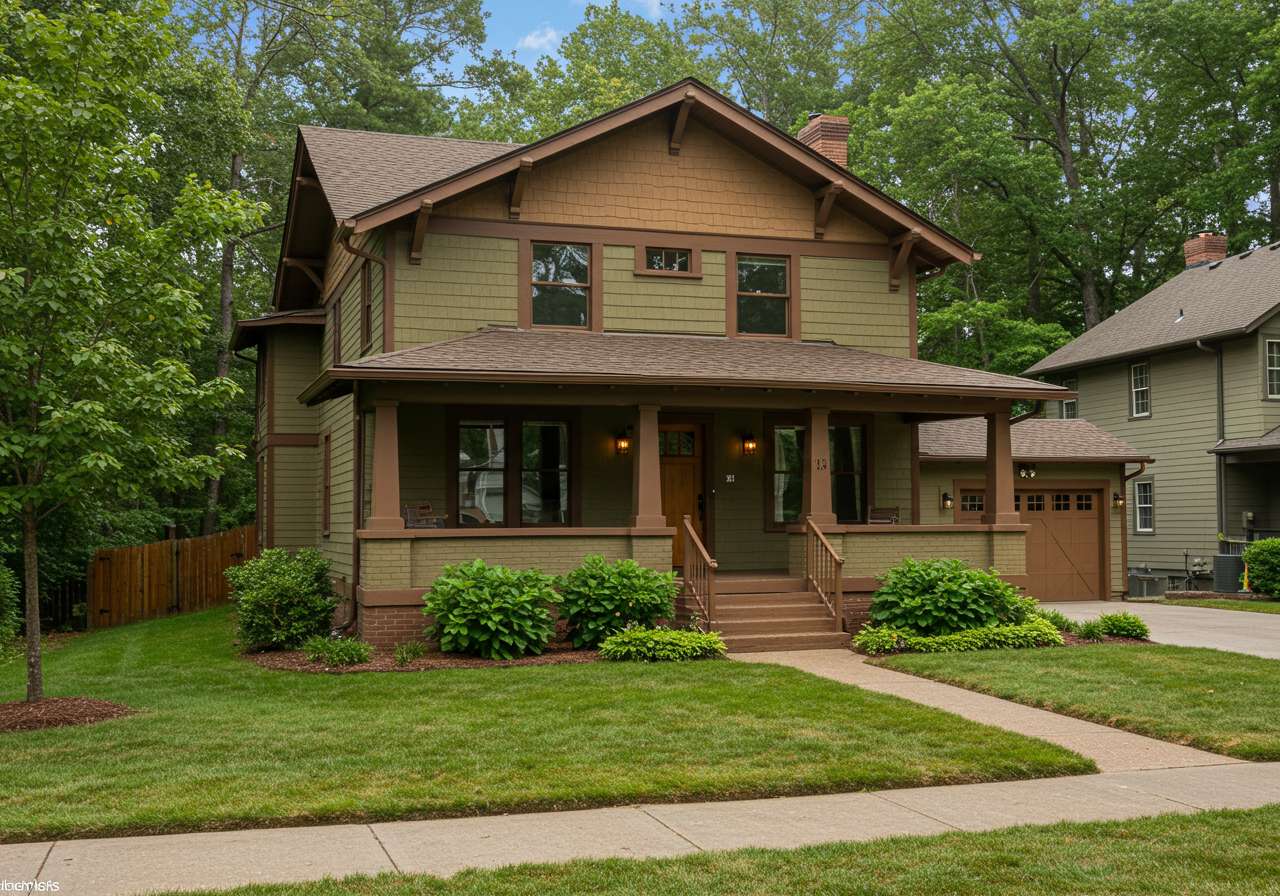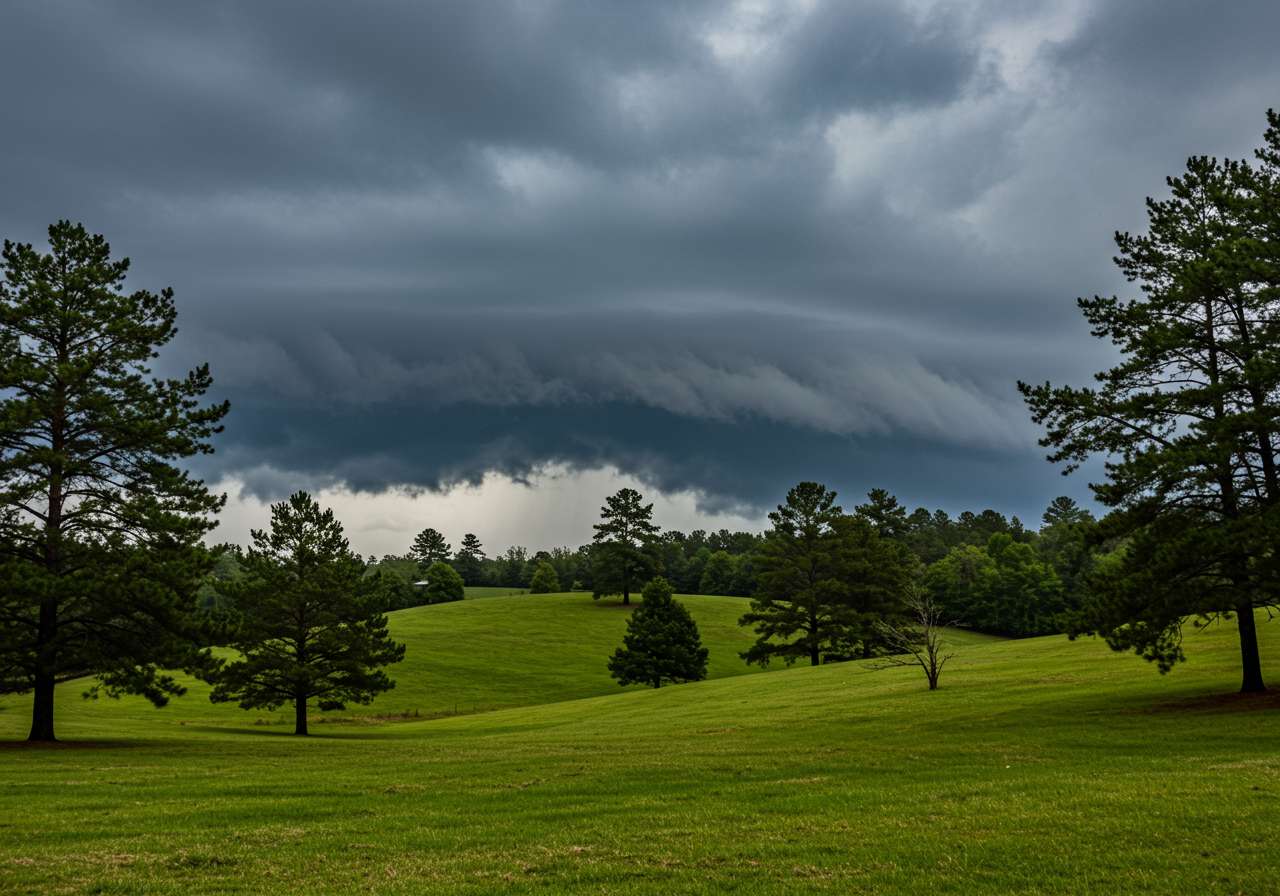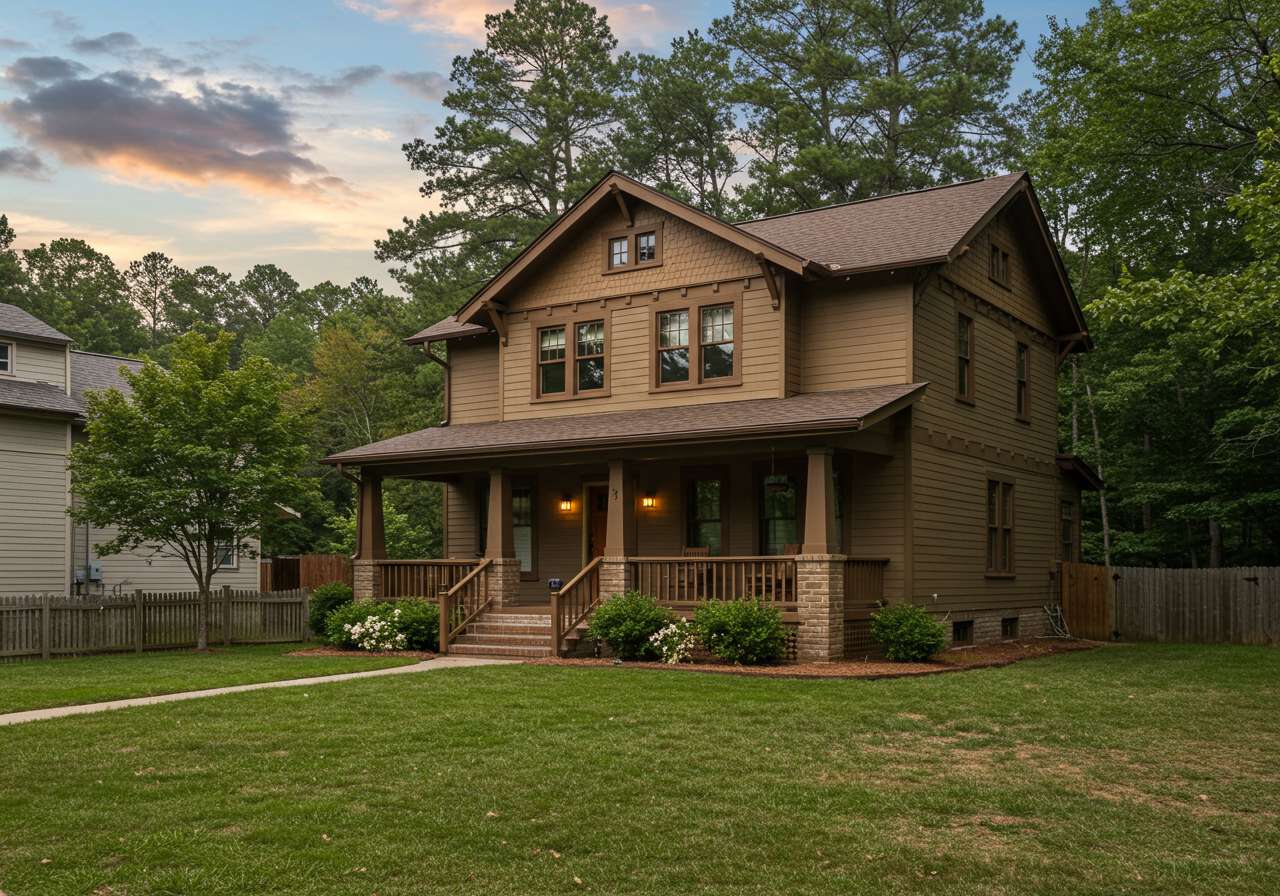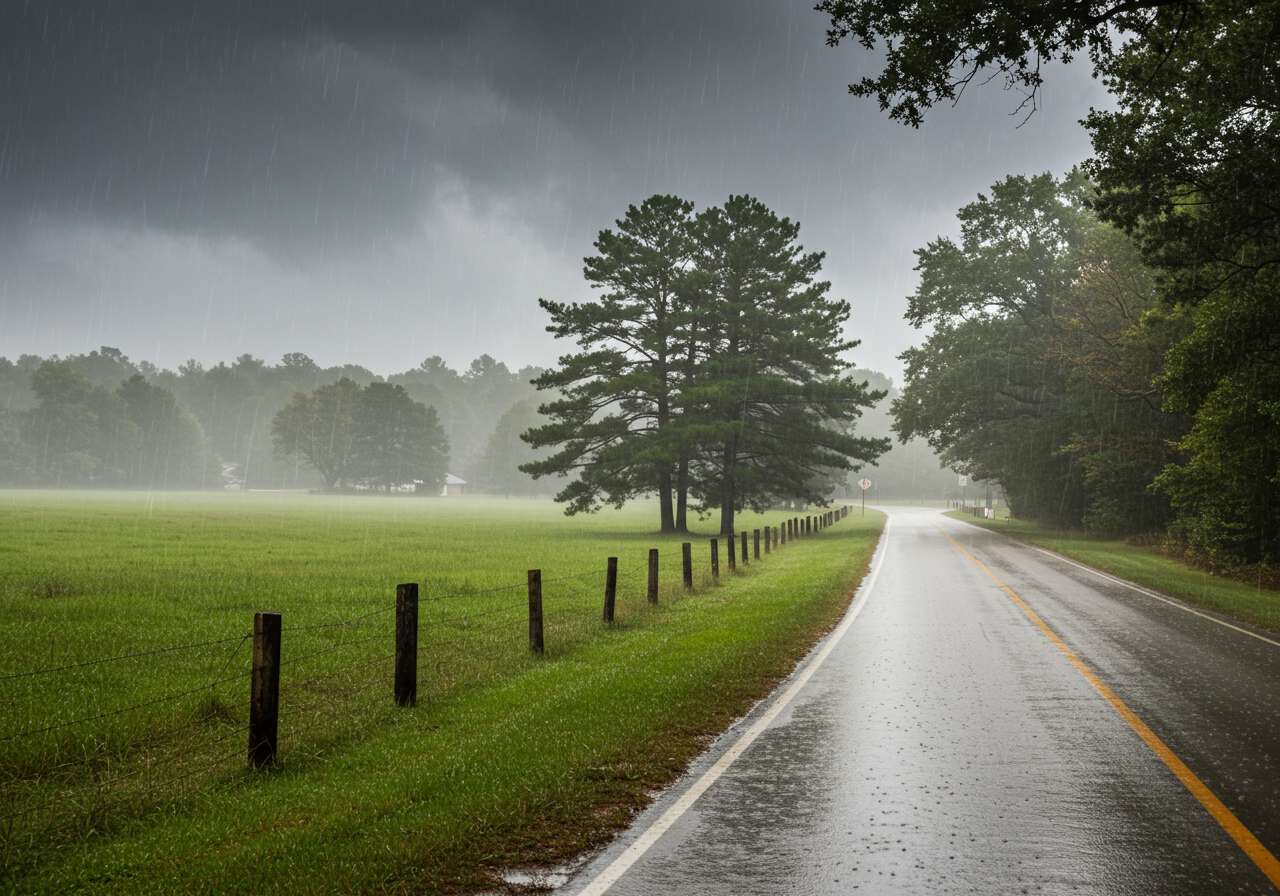How Concord’s Humid Climate Accelerates Flashing Corrosion on Roofing Systems
Living in Concord, North Carolina means enjoying all four seasons—but it also means your home’s roof faces a unique set of challenges. Many homeowners don’t realize that our city’s high humidity and frequent rain make roof flashing especially vulnerable to corrosion and premature failure. If you’ve ever spotted rusty streaks near your chimney or noticed water spots in your attic after a storm, you’re witnessing the effects of Concord’s climate in real time.
Why Roof Flashing Corrodes Faster in Concord’s Humid Weather
Roof flashing—those thin strips of metal that seal joints and direct water away from vulnerable areas—are essential for every watertight roof. In Concord, where humidity regularly hovers above 70% during summer and rainfall is spread throughout the year, flashing faces a constant barrage of moisture. But what does that mean for you, the homeowner?
- Constant dampness: Persistent moisture in the air accelerates oxidation, which is the process that rusts unprotected metal flashing.
- Frequent rain events: Concord averages over 45 inches of rainfall annually. This means more water continually testing the seal around chimneys, valleys, and vent pipes.
- Temperature swings: Rapid changes from hot, muggy afternoons to cool, wet nights cause metal to expand and contract, weakening the flashing and any protective coatings.
Typical Damage Areas
Not all parts of your roof are equally vulnerable. Here’s where you should keep a close eye:
- Chimneys: Metal flashing around brick and stone is a top target for rust in humid climates.
- Valleys: Where two roof slopes meet is a common site for water to linger, eating away at flashing faster.
- Vent Stacks and Skylights: Any roof penetration increases flashing exposure and risk—especially in Concord’s wet weather.
Have you noticed orange stains, peeling paint, or water spots indoors?
These are early warning signs that flashing corrosion is underway. Ignoring them can lead to bigger problems, like hidden wood rot or even structural issues—problems that are far more expensive to fix than simple flashing repairs.
Best Maintenance and Inspection Tips for Preventing Flashing Rust in Concord
Curious how to protect your roof from Concord’s relentless moisture? Prevention is your best defense. Here’s what experts recommend:
- Schedule annual roof inspections: A professional can spot early signs of corrosion before leaks develop. In Concord, once a year is a must—ideally after the spring rainy season.
- Keep gutters clean: Blocked gutters trap water, which can overflow and pool around flashing points.
- Act fast on repairs: If you notice rust, stains, or loose flashing, don’t wait. Prompt repairs stop small issues from becoming major headaches.
- Consider upgraded materials: Ask about modern, corrosion-resistant flashing options—like galvanized steel or copper—that stand up better to Concord’s climate.
Why professional inspections beat DIY
While it can be tempting to check your own roof, Concord’s humid conditions often hide corrosion under sealants or debris. Professional inspectors use specialized tools and know exactly where Concord homes are most vulnerable. Plus, they can provide the documentation you’ll need if repairs turn into an insurance claim later.
Don’t let Concord’s weather catch you off guard
Our city’s lush surroundings come at a price: elevated moisture means your roof’s flashing will wear out faster if neglected. Taking preventive action can save you thousands down the road, preserve your home’s value, and keep your family safe and dry.
Insurance Considerations When Flashing Corrosion Leads to Water Damage
Wondering how insurance fits into the picture if flashing corrosion leads to leaks or water damage? Most standard homeowners insurance policies in North Carolina cover sudden and accidental water intrusion, but not gradual wear and tear. This makes having detailed inspection reports and photo documentation invaluable when filing a claim—especially if you’re faced with water stains, interior damage, or mold resulting from failed flashing. Always consult with a local roofing professional who can guide you through Concord’s insurance documentation process and help ensure your claim has the supporting evidence it needs. Remember, a free inspection is the first step toward both prevention and a successful claim if the unexpected does happen.
.png)




